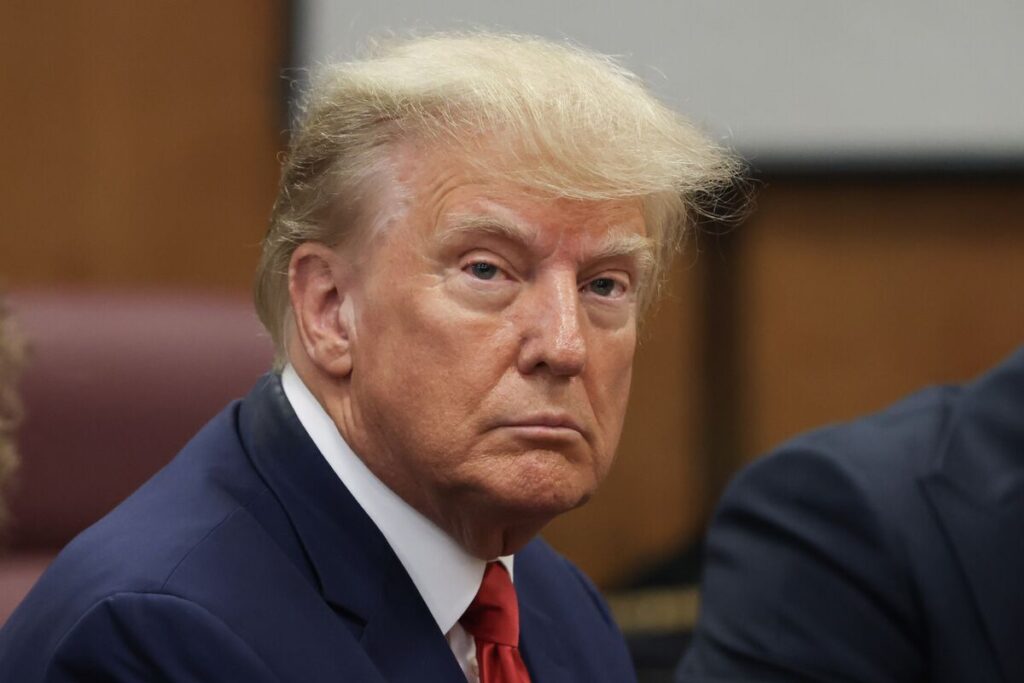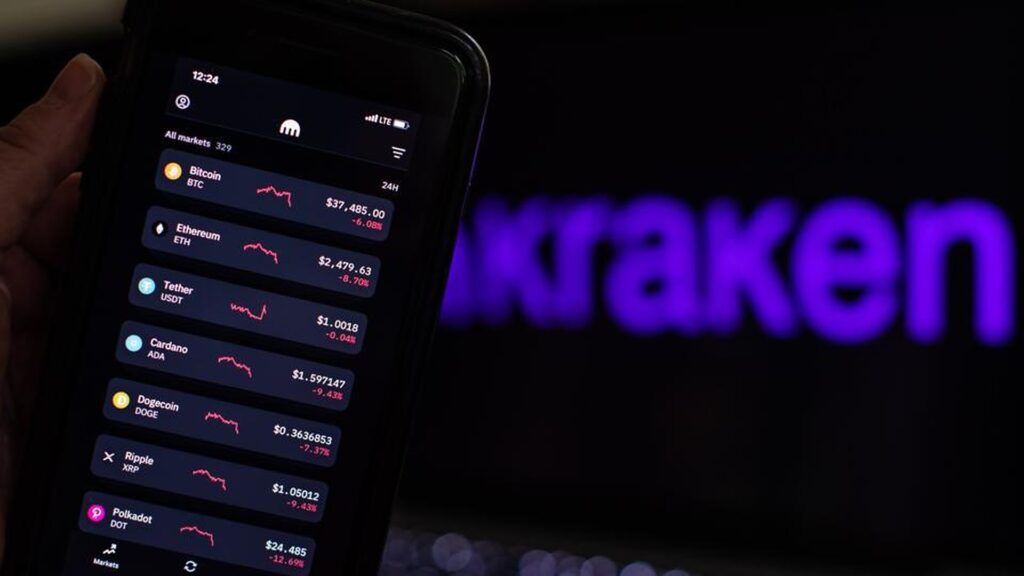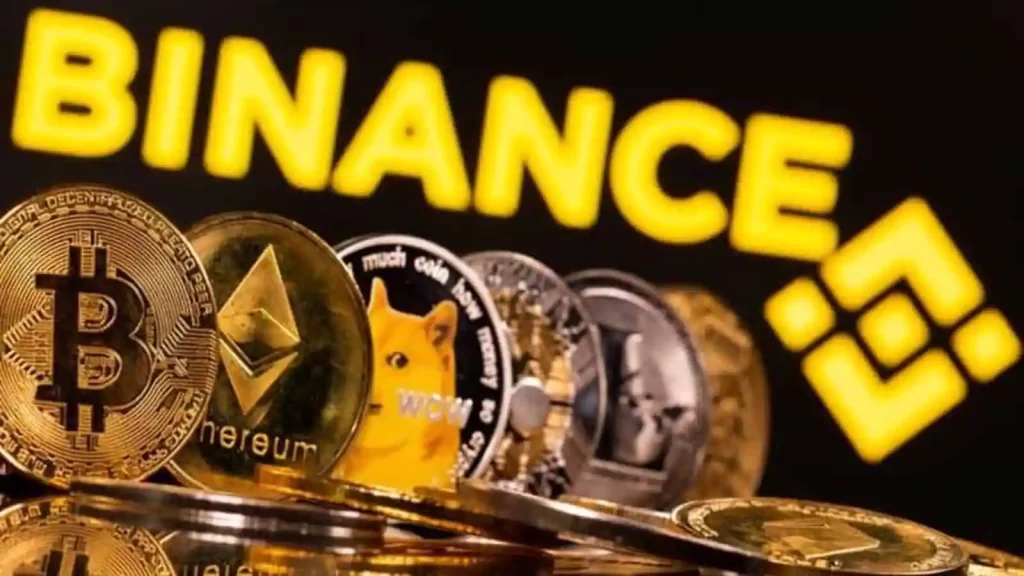Bitcoin has around 10 days until United States macro conditions support a return to BTC price upside, according to financial commentator Tedtalksmacro.
He tracks the correlation between BTC price action and U.S. Federal Reserve liquidity, revealing a strong connection that has persisted for several months.
Although Bitcoin is down about 3.2% in June, the trend may reverse before the month ends.
Tedtalksmacro highlighted this close correlation in his analysis of Fed liquidity conditions impacting BTC/USD.
“The correlation between Bitcoin + Fed Liquidity never ceases to amaze me,” he wrote on X, noting that liquidity is expected to bottom in the coming 10 days before rising again.
His chart from the macro data resource, Talking Macro, illustrated how BTC price highs and lows align with peaks and troughs in Fed liquidity.
Even Bitcoin’s recent all-time high of $73,800 in mid-March was accompanied by a spike in liquidity.
Tedtalksmacro explained that liquidity is calculated based on a mix of Fed assets, repo markets, and treasury data.
READ MORE: Mark Cuban Warns Gary Gensler’s SEC Actions Could Cost Joe Biden the 2024 Election
However, Talking Macro pointed out some short-term headwinds for Bitcoin, particularly a recent decline in inflows to U.S. spot Bitcoin exchange-traded funds (ETFs).
After experiencing their second-highest daily inflows on record in early June, the trend reversed, with the past four Wall Street trading days showing net outflows.
Monitoring resources, including the UK-based investment firm Farside Investors, reported a four-day outflow tally of just over $700 million, compared to the June 4 inflow of $886 million.
Despite these short-term challenges, anticipation is building for the third quarter and beyond regarding a new wave of institutional interest in Bitcoin. U.S. wirehouses are expected to gain access to spot ETF products, which could significantly impact Bitcoin’s status as an institutional investment class.
As Cointelegraph reported, this event is crucial for Bitcoin’s ongoing transformation.
“Among those optimistic is Cathie Wood, CEO of ARK Invest, one of the spot ETF providers. “
“No platform has approved Bitcoin yet, so all of this price action has happened before they approve it, and so we haven’t even begun,” she said in a March interview about U.S. wirehouses.
To submit a crypto press release (PR), send an email to sales@cryptointelligence.co.uk.









